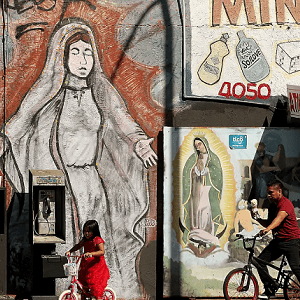A recent UCLA study reveals a stark disparity in heart transplant outcomes based on patients’ socioeconomic backgrounds. The research, published in the Journal of Heart and Lung Transplantation, found that heart transplant recipients from socioeconomically disadvantaged areas face a higher risk of postoperative complications and earlier death, even when treated at top-tier hospitals.
Lead author Sara Sakowitz and her team analyzed data from over 38,000 adult heart transplant recipients between 2005 and 2022. Using the Area Deprivation Index (ADI), they categorized patients’ neighborhoods from least to most deprived. The results were alarming: patients from the most deprived areas had a 14% higher risk of dying three years post-transplant and a 13% higher risk at five years.
Surprisingly, even when patients from deprived areas received care at high-quality hospitals, they still faced a 10% higher mortality risk at both three and five years compared to their counterparts from less deprived areas. This suggests that the quality of the transplant center alone does not mitigate the effects of neighborhood deprivation.
Sakowitz emphasized that improving access to care is not sufficient to address these disparities. “We must shift our focus to addressing inequities in access to and engagement with longitudinal care, over the months and years following transplant,” she stated.
The study highlights the complex interplay between social determinants and health outcomes. Researchers are now exploring factors such as access to post-transplant medication and environmental influences on health to design targeted solutions at both local and national levels.
See “Heart transplant patients from deprived areas face higher risk for postoperative complications, earlier death” (October 1, 2024)



